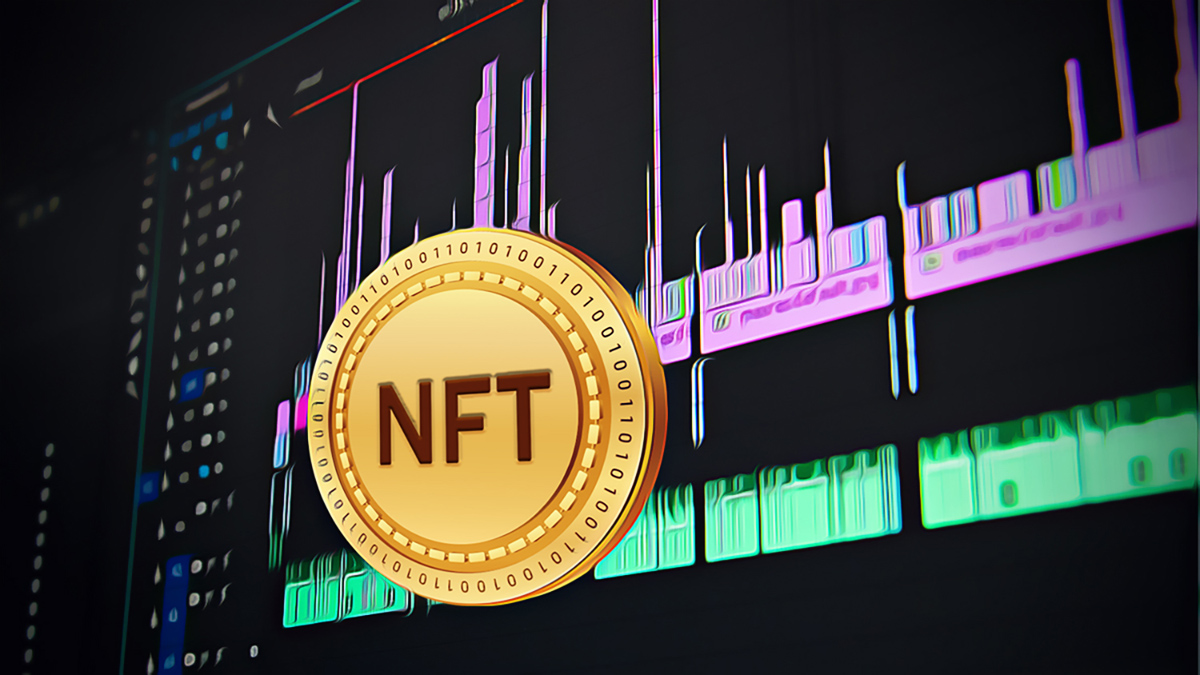Bitcoin  $106,707 started the Asian trading session on a positive note, reaching $106,402.39, clawing back some weekend losses. Prior declines induced by $616 million ETF outflows, U.S.-China trade tensions, and geopolitical pressures in Eastern Europe were partially erased. Analysts noted that cautious buying pushed the price up after testing the crucial support around $104,300. However, the market consensus indicates that volumes remain weak due to ongoing uncertainties.
$106,707 started the Asian trading session on a positive note, reaching $106,402.39, clawing back some weekend losses. Prior declines induced by $616 million ETF outflows, U.S.-China trade tensions, and geopolitical pressures in Eastern Europe were partially erased. Analysts noted that cautious buying pushed the price up after testing the crucial support around $104,300. However, the market consensus indicates that volumes remain weak due to ongoing uncertainties.
Bitcoin’s Correlation with Japanese Bonds Sparks Interest
In early trading, Japan’s Nikkei 225 index saw limited gains, while gold prices rose to a three-week high as the dollar softened, and Ethereum  $2,511 gained 3% to reach $2,539.04. Interestingly, discussions suggest a stronger correlation between Bitcoin and Japan’s 30-year government bond yields compared to traditional U.S. stocks. Macro strategist Weston Nakamura describes this as a “redefinition of Japan’s financial influence globally,” hinting at a potential shift in cross-asset pricing.
$2,511 gained 3% to reach $2,539.04. Interestingly, discussions suggest a stronger correlation between Bitcoin and Japan’s 30-year government bond yields compared to traditional U.S. stocks. Macro strategist Weston Nakamura describes this as a “redefinition of Japan’s financial influence globally,” hinting at a potential shift in cross-asset pricing.
Investors are closely monitoring Bitcoin’s ability to settle above $106,000, while Federal Reserve interest rate guidance and stalled U.S.-China trade talks dominate the agenda. As geopolitical risks escalate, news flows from Eastern Europe maintain market volatility. Analysts warn costly implications for “one-way” positions, recommending protective cash and gold holdings gaining weight in portfolios.
Quantum Threats and Corporate Strategies Impact the Market
In technology developments, Presto Research’s Rick Maeda does not anticipate quantum computers achieving hardware capable of breaking blockchain encryption in the medium term, with current systems operating around 10 logical qubits. However, Maeda emphasizes the urgency of initiating precautions now, urging the sector to focus on quantum-resistant solutions. Delays might lead to costly makeshift fixes in the future.
On the corporate front, a proposal to convert part of Meta’s $72 billion cash reserves into Bitcoin was rejected by stakeholders, receiving only 0.08% support. The management, cautious after the Libra fiasco, garnered most support from those not finding the Bitcoin risk-reward balance against inflation attractive. Meanwhile, the GENIUS Act in the U.S. Congress, focusing purely on stable crypto regulation, garners bipartisan support, with analysts assessing a 60-65% chance of enactment. This scenario reiterates that institutional adoption remains directly linked to regulatory clarity.










